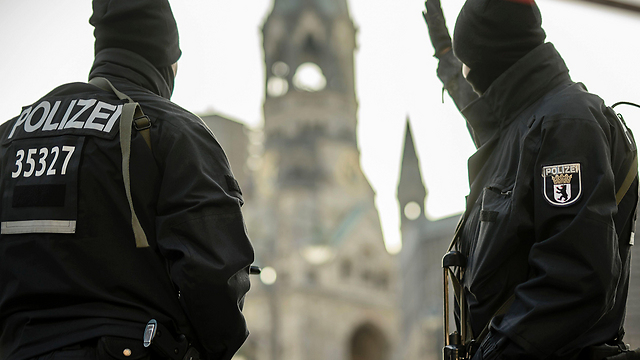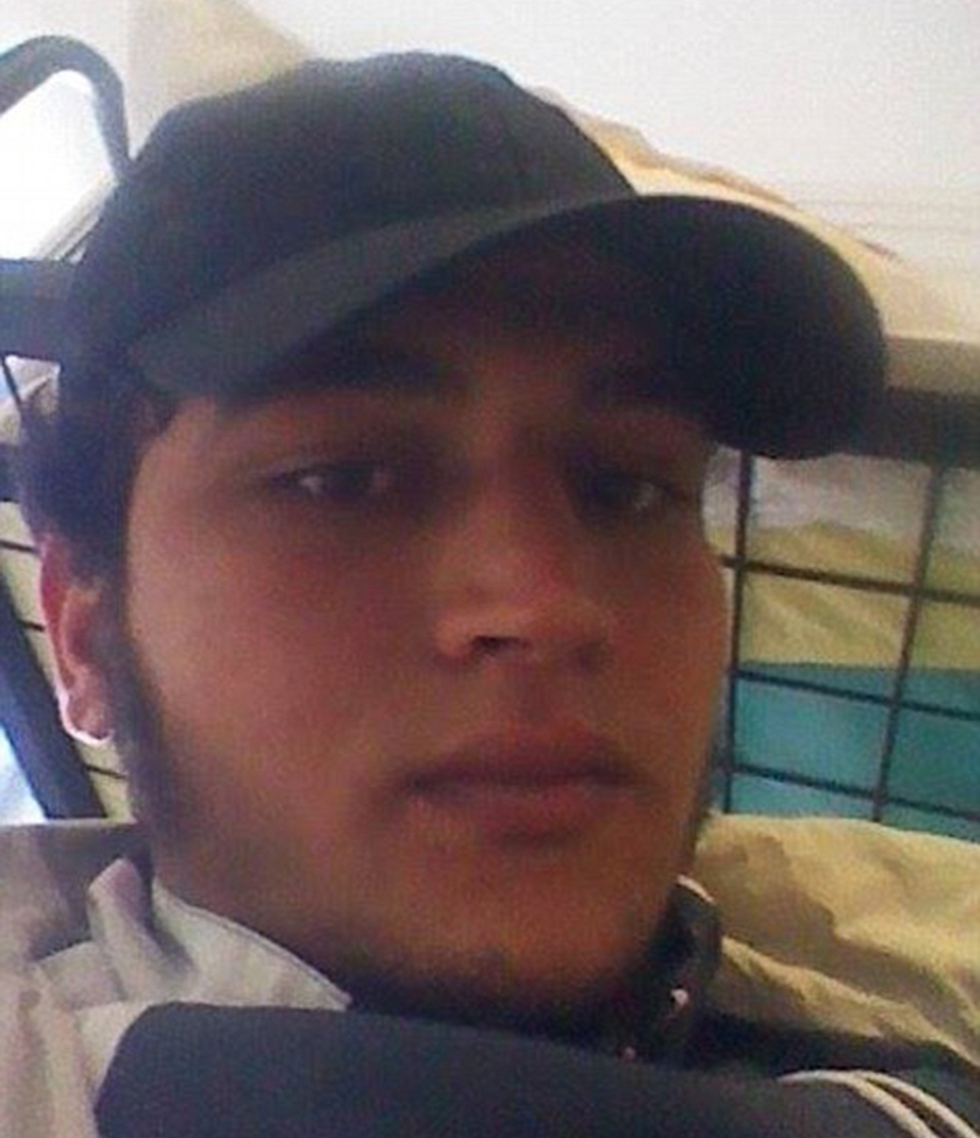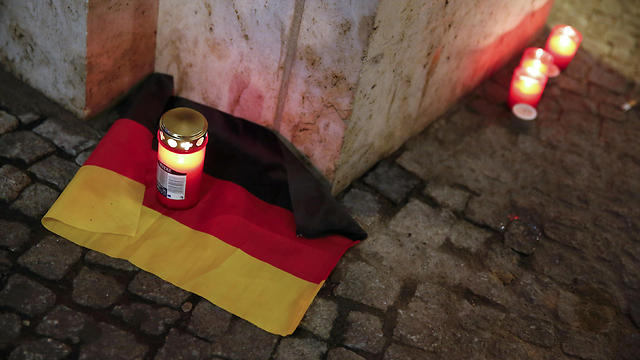
Suspect in Berlin attack was known to German security agencies
A Tunisian man is suspected of killing 12 and injuring 50 on Monday's vehicular terror attack in Berlin; Germany's interior minister says the suspect, Anis Amri, was denied asylum in July; he is also suspected of having ties to Islamic extremists.
A Tunisian man suspected of involvement in a truck attack in Berlin was in contact with Islamist militants in North Rhine-Westphalia (NRW) and was known to German security agencies, German Interior Minister Ralf Jaeger said Wednesday.
"Security agencies exchanged their findings and information about this person with the Joint Counter-Terrorism Centre in November 2016," Jaeger said at a news conference.
He said the suspect, named Anis Amri, had applied for asylum in Germany and his application was rejected in July. Attempts to deport the man to Tunisia failed as he did not have identification papers, and the Tunisian authorities disputed whether he was their national.
Amri had moved from NRW to Berlin in February 2016 and sought to make the German capital his new home, Jaeger said, adding that the Tunisian man sought by police had used different names.
Twelve people were killed and 48 wounded in Monday night's attack. Berlin's state health ministry said Wednesday that 12 people are still in hospital with very serious injuries, among them an unspecified number in critical condition.
However, it said that an increasing number of people with lighter injuries are being discharged.
Israel's Foreign Ministry said Israeli man Rami Rlyakim, who was seriously wounded in the attack, was stable condition following surgery.
Ministry spokesman Emmanuel Nahshon said Israel is in touch "day and night" with German authorities to try and find his wife, Dalia, who has been missing since the attack.

Meanwhile, the German government has agreed on a bill that will strengthen security considerations when it comes to video surveillance.
The move has been planned for months but its approval by the Cabinet on Wednesday comes two days after a deadly truck attack, which sent German authorities scrambling for footage of the suspected perpetrator.
Germany has traditionally had very restrictive data protection rules. The bill needs to be approved by Parliament.
The proposed law would make data protection commissioners give greater weight than before to "the protection of life, health and freedom" when deciding whether to permit video surveillance in public places.














